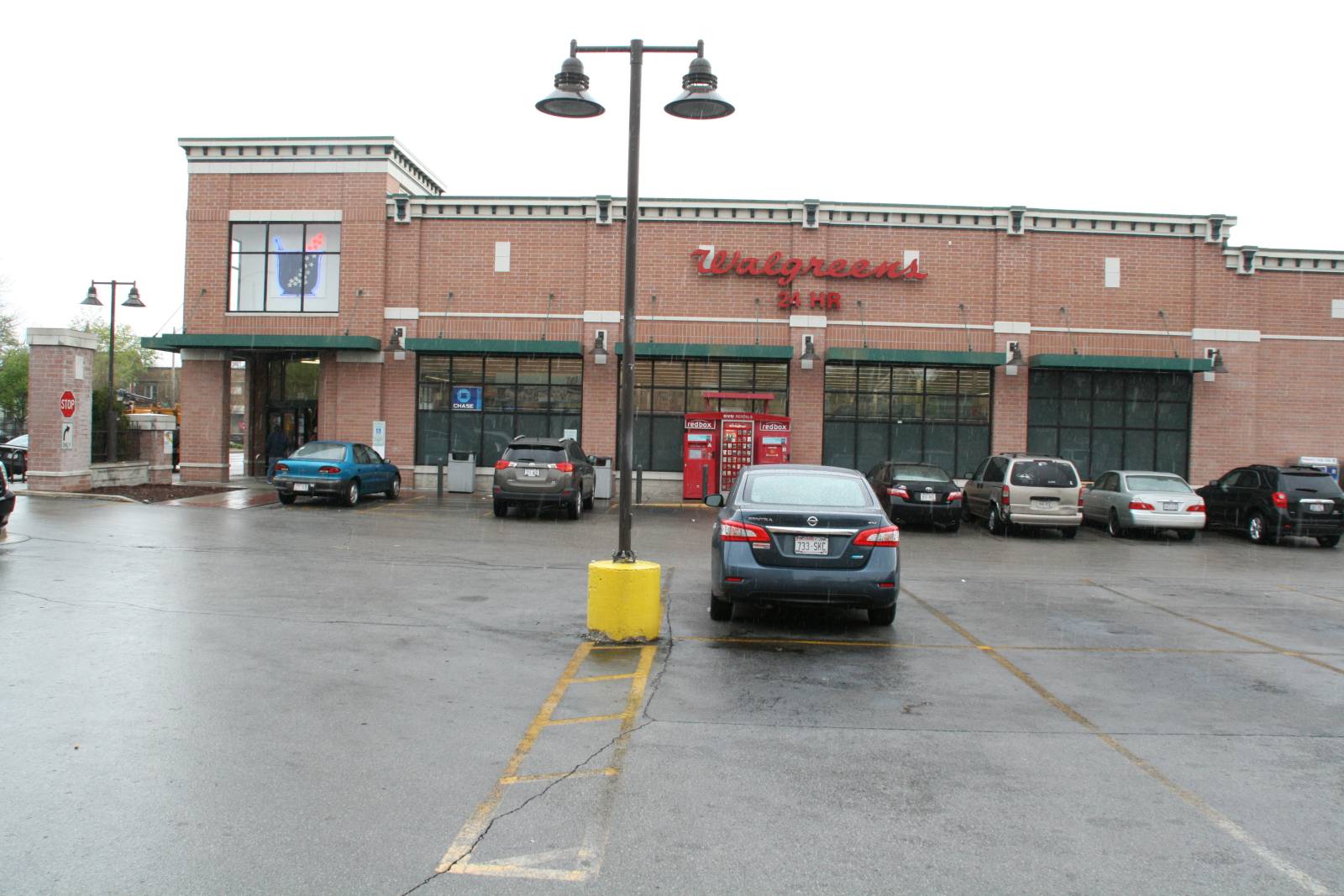Can Any ”Dark Store” Reform Get Passed?
Evers wants full reform but big lobbying groups oppose it. Lawmakers seek compromise.
Legislators promise to act on the long-running “dark store” controversy, but they won’t offer the solution favored by Democratic Gov. Tony Evers and leaders of the Wisconsin cities, villages and towns.
Local government leaders say court rulings that tied the assessments of retailers and, increasingly, other types of businesses to closed, empty and “dark” properties have unfairly shifted property taxes to homeowners.
Homeowners pay 67 percent of all property taxes, and the owners of commercial properties about 25 percent, according to the non-partisan Legislative Fiscal Bureau.
Evers and local government officials want to change state law to require assessors to value the property of retailers and other businesses according to their income and what the property could sell for – and not what they pay in rent or other factors.
But many of the most powerful special-interest groups in the Capitol blocked it. And, even though Evers included it in his 2019-21 budget, it will be killed again this session.
Special-interest groups that ganged up to kill it last session included Wisconsin Manufacturers & Commerce (WMC), the state Realtors and Retailers associations, Americans for Prosperity, Walgreens, Wal-Mart, the state Grocers and Restaurant associations and Milwaukee Metropolitan Association of Commerce.
A special committee of legislators, local officials and experts on both sides of the controversy spent six months looking for a fix. That committee was led by Sen. Luther Olsen (R- Ripon), and Rep. Scott Allen (R-Waukesha).
In a WisconsinEye interview, the two Republicans said they were able to get agreement on three bills they expect to be acted on this session. GOP leaders have indicated support for the bills, they said.
“There are some things we need to do to make this system work,” Olsen said.
Allen added: “Those that would suggest that we haven’t come up with the answer are merely suggesting that, in my opinion, because it is not the answer they want.”
Their three bills and what they would do:
*Senate Bill 95: Local units of government – counties, municipalities and school districts – that levy property taxes on assessed values that are being challenged can share the court costs to defend values set by a local assessor.
Right now, when retailers challenge assessed values, they sue individual municipalities. But the threat of losing these cases, being ordered to reimburse retailers for back taxes and pay legal bills often forces individual local governments to settle these cases, Olsen and Allen said.
For local governments, the stakes are high. For example, Kohl’s challenged the $9.1 million assessment for 2015, ’16 and ’17 on its Golf Road store in the City of Delafield. Arguing for an assessment of $5.6 million – 38 percent less – Kohl’s lawyers submitted five examples of vacant or “dark” properties, including three closed American TV stores.
On March 20, Waukesha County Circuit Court Judge William Domina rejected the examples of “comparable” properties submitted by Kohl’s and upheld the $9.1 million assessment. Had Domina sided with Kohl’s, the City of Delafield – and its homeowners – would have had to refund three years of property taxes paid by Kohl’s.
WMC and the Wisconsin Realtors Association support Senate Bill 95.
*SB 96: Changes deadlines and procedures when a tax assessment is challenged as excessive. Those challenges are first filed with local boards of review and then, if retailers lose, in court. The WMC and the Realtors support SB96; the WisconsinGrocers Association opposes it.
*SB 97: Requires commercial property owners to disclose more information to an assessor. If the property owner fails to meet the deadline to provide that information, there would be limits on actions property owners could take to challenge that assessment. The WMC and Walgreens oppose this change; the Realtors support it.
Jerry Deschane, executive director of the League of Wisconsin Municipalities, said local government leaders want these three bills to become law. They are “tools that will help with property assessment,” he said.
But, Deschane added, they “do not address the critical problem of assessors who are not being allowed to consider actual income when valuing an income property.”
The best solution would be the change proposed by Evers and supported by many local officials, Deschane added.
But Olsen and Allen have a simple response to that plea: That didn’t pass last session, and it won’t pass this session.
Steven Walters is a senior producer for the nonprofit public affairs channel WisconsinEye. Contact him at stevenscotwalters@wiseye.org
More about the Dark Store Loophole
- Wisconsin Supreme Court ‘dark store’ decision a huge win for state’s taxpayers, municipalities - Ald. Scott Spiker - Feb 23rd, 2023
- Wisconsin Supreme Court Rules Against “Dark Store Loophole” - Henry Leonard - Feb 17th, 2023
- Campaign Cash: Real Estate Interests Back GOP Bill - Wisconsin Democracy Campaign - Nov 18th, 2021
- Hot Debate, Limited Action by Senate - Erik Gunn - Jan 22nd, 2020
- Senate Democrats Offer 2020 Agenda - Laurel White - Dec 24th, 2019
- Dark Store Loophole Continues to Shift Property Tax Burden to Homeowners - State Rep. Gordon Hintz - Dec 19th, 2019
- Examining the Dark-Store Loophole - Melanie Conklin - Aug 7th, 2019
- Senate GOP Refuse to Close the “Dark Store” Loophole - State Sen. Jennifer Shilling - May 15th, 2019
- Senate Republicans unanimously reject vote on Dark Store fix - State Sen. Janis Ringhand - May 15th, 2019
- The State of Politics: Can Any ”Dark Store” Reform Get Passed? - Steven Walters - Apr 22nd, 2019
Read more about Dark Store Loophole here
The State of Politics
-
RNC Brings Fame to Gen Z Party Leader
 Jul 15th, 2024 by Steven Walters
Jul 15th, 2024 by Steven Walters
-
Wisconsin’s Republican Roots Run Deep
 Jul 8th, 2024 by Steven Walters
Jul 8th, 2024 by Steven Walters
-
Feuding Supreme Court Justices Need a Break
 Jul 1st, 2024 by Steven Walters
Jul 1st, 2024 by Steven Walters




















